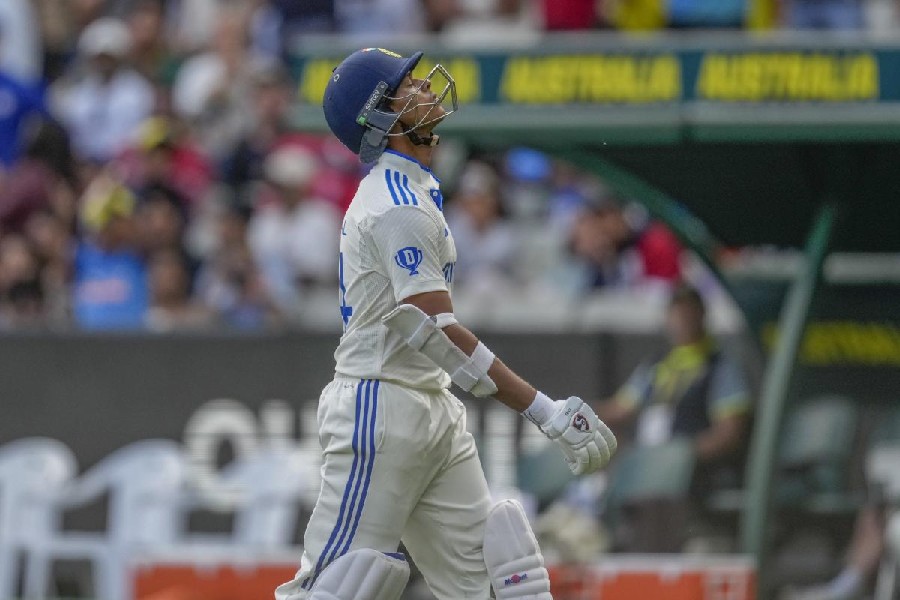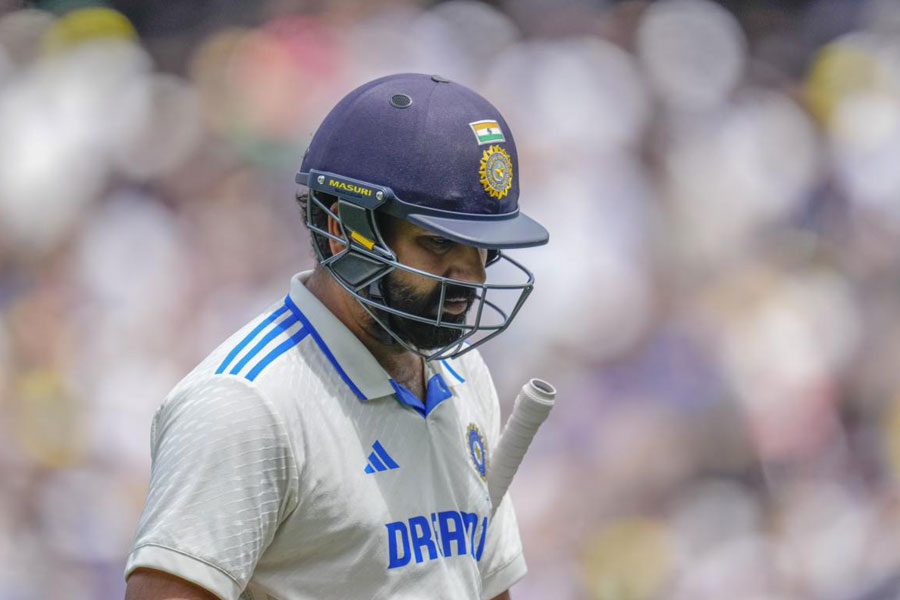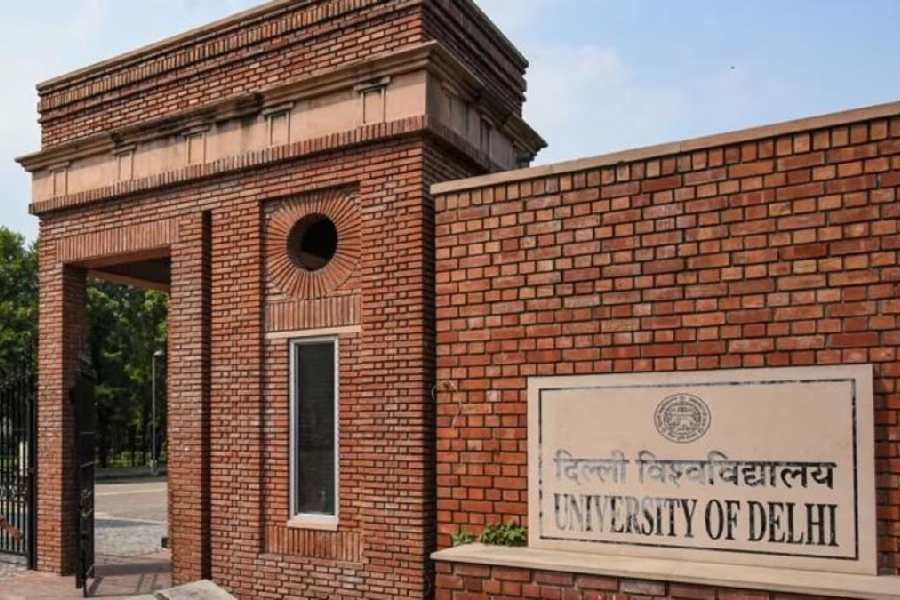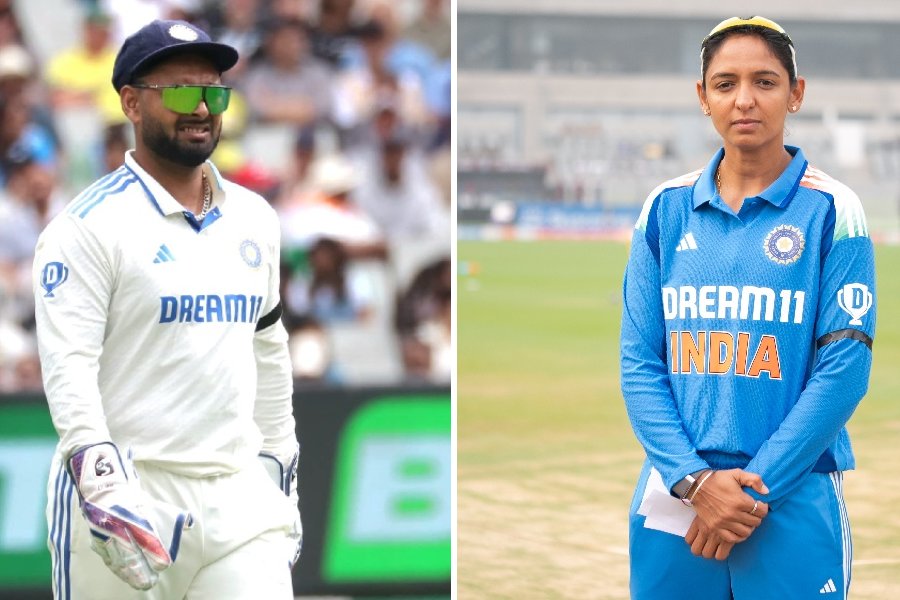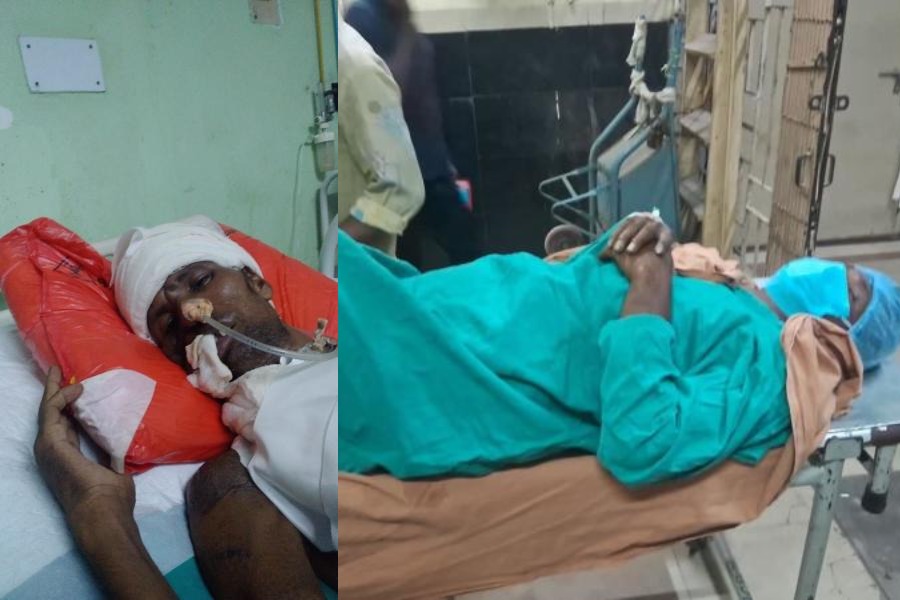The Supreme Court on Wednesday recorded an undertaking from the central government that it was “meticulously” following the guidelines the World Health Organization has issued on Covid-19 protective gear, including those for sanitation workers.
The bench of Justices N.V. Ramana, Sanjay Kishan Kaul and B.R. Gavai recorded the assurance given by solicitor-general Tushar Mehta before disposing of a petition a social activist had filed.
It said no further directives were required on the petitionfiled by Harnam Singh, a former chairperson of the Delhi Commission for Safai Karamcharis (sanitation workers).
“The grievance of the petitioner in this case is that all the agencies undertaking sanitation facilities are not following the guidelines issued by the World Health Organization in reference to the Safai Karamcharis/ Sanitation Workers,” the court said.
“Learned Solicitor-General appearing on behalf of the Union of India submits that the guidelines issued by the World Health Organization are binding on the Government of India and they are meticulously following the said guidelines. Recording the statement made by the learned Solicitor-General, we dispose of the instant writ petition.”
The petitioner, represented by advocate Mehmood Pracha, had complained that thousands of sanitation workers across the country were least protected against the virus as they had no protective equipment.
It was submitted that the workers too had the right to protective gear and the Centre and states were under an obligation to provide them with such equipment.
The counsel then said a sanitation worker had died in Mumbai and another in Delhi.
Justice Ramana said individual grievances could be raised before the high courts concerned and the counsel could not make sweeping statements as if hundreds of workers were dying across the country.
The court then disposed of the petition.







